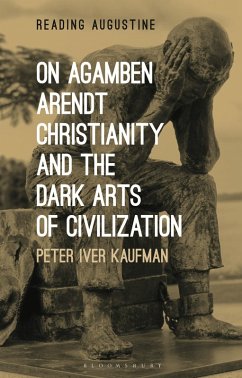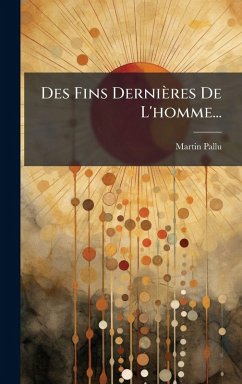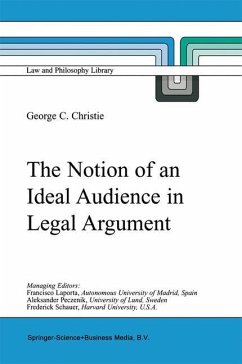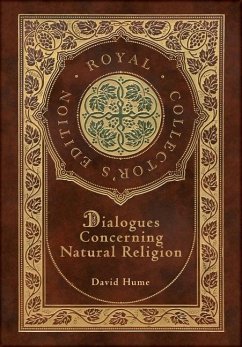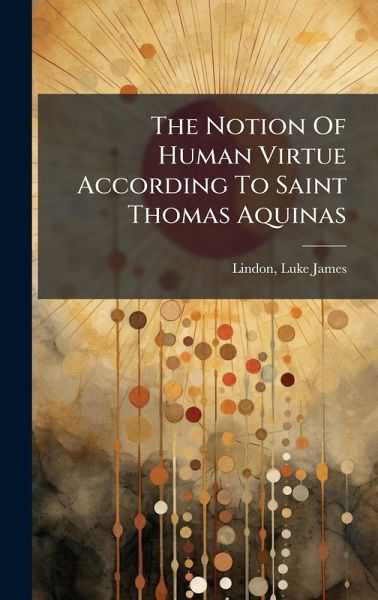
The Notion Of Human Virtue According To Saint Thomas Aquinas
Versandkostenfrei!
Versandfertig in über 4 Wochen
43,99 €
inkl. MwSt.
Weitere Ausgaben:

PAYBACK Punkte
22 °P sammeln!
The Notion Of Human Virtue According To Saint Thomas Aquinas explores Aquinas's complex and influential teachings on virtue. Luke James Lindon examines Aquinas's synthesis of Aristotelian ethics and Christian theology, providing a comprehensive analysis of Aquinas's understanding of moral and intellectual virtues. The book delves into Aquinas's discussions of prudence, justice, fortitude, and temperance, as well as the theological virtues of faith, hope, and charity. Lindon elucidates how Aquinas integrates these virtues into a coherent system of moral thought, emphasizing their role in achiev...
The Notion Of Human Virtue According To Saint Thomas Aquinas explores Aquinas's complex and influential teachings on virtue. Luke James Lindon examines Aquinas's synthesis of Aristotelian ethics and Christian theology, providing a comprehensive analysis of Aquinas's understanding of moral and intellectual virtues. The book delves into Aquinas's discussions of prudence, justice, fortitude, and temperance, as well as the theological virtues of faith, hope, and charity. Lindon elucidates how Aquinas integrates these virtues into a coherent system of moral thought, emphasizing their role in achieving human flourishing and union with God. This work offers valuable insights into the enduring relevance of Aquinas's ethical framework for contemporary moral and philosophical debates. This work has been selected by scholars as being culturally important, and is part of the knowledge base of civilization as we know it. This work was reproduced from the original artifact, and remains as true to the original work as possible. Therefore, you will see the original copyright references, library stamps (as most of these works have been housed in our most important libraries around the world), and other notations in the work. This work is in the public domain in the United States of America, and possibly other nations. Within the United States, you may freely copy and distribute this work, as no entity (individual or corporate) has a copyright on the body of the work. As a reproduction of a historical artifact, this work may contain missing or blurred pages, poor pictures, errant marks, etc. Scholars believe, and we concur, that this work is important enough to be preserved, reproduced, and made generally available to the public. We appreciate your support of the preservation process, and thank you for being an important part of keeping this knowledge alive and relevant.





